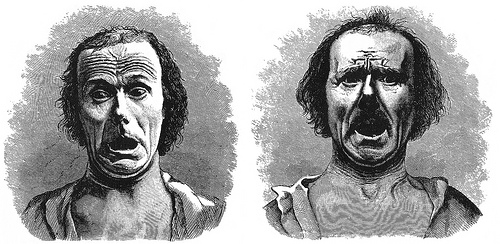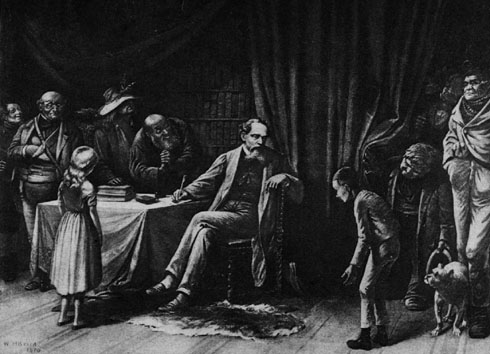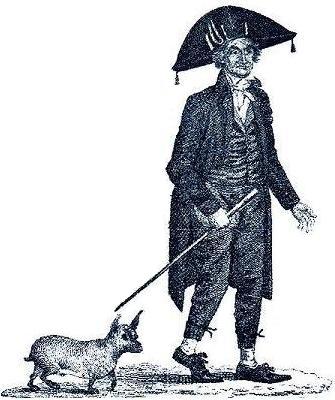Florentine scholar Antonio Magliabechi (1633-1714) has been described as a literary glutton. His house was choked with 40,000 books and 10,000 manuscripts, and he spent hours each day in the Medici library.
The negligent Magliabechi reportedly once forgot to draw his salary for a full year, but his head was “an universal index, both of titles and matter.” When the Duke of Florence asked him for a particular volume he replied, “Signore, there is but one copy of that book in the world; it is in the Grand Signore’s library at Constantinople, and is the eleventh book in the second shelf on the right hand as you go in.”
That memory made him a human search engine for writers of the time. In Curiosities of Human Nature, Samuel Goodrich records that a priest might consult Magliabechi about a panegyric on a particular saint. “He would immediately tell him who had said anything of that saint, and in what part of their works, and that, sometimes, to the number of above a hundred authors. … All this he did with the greatest exactness, naming the author, the book, the words, and often the very number of the page in which the passage referred to was inserted.”
Surrounded by books, he lived to be 81, and in his will he left his library to the public.



